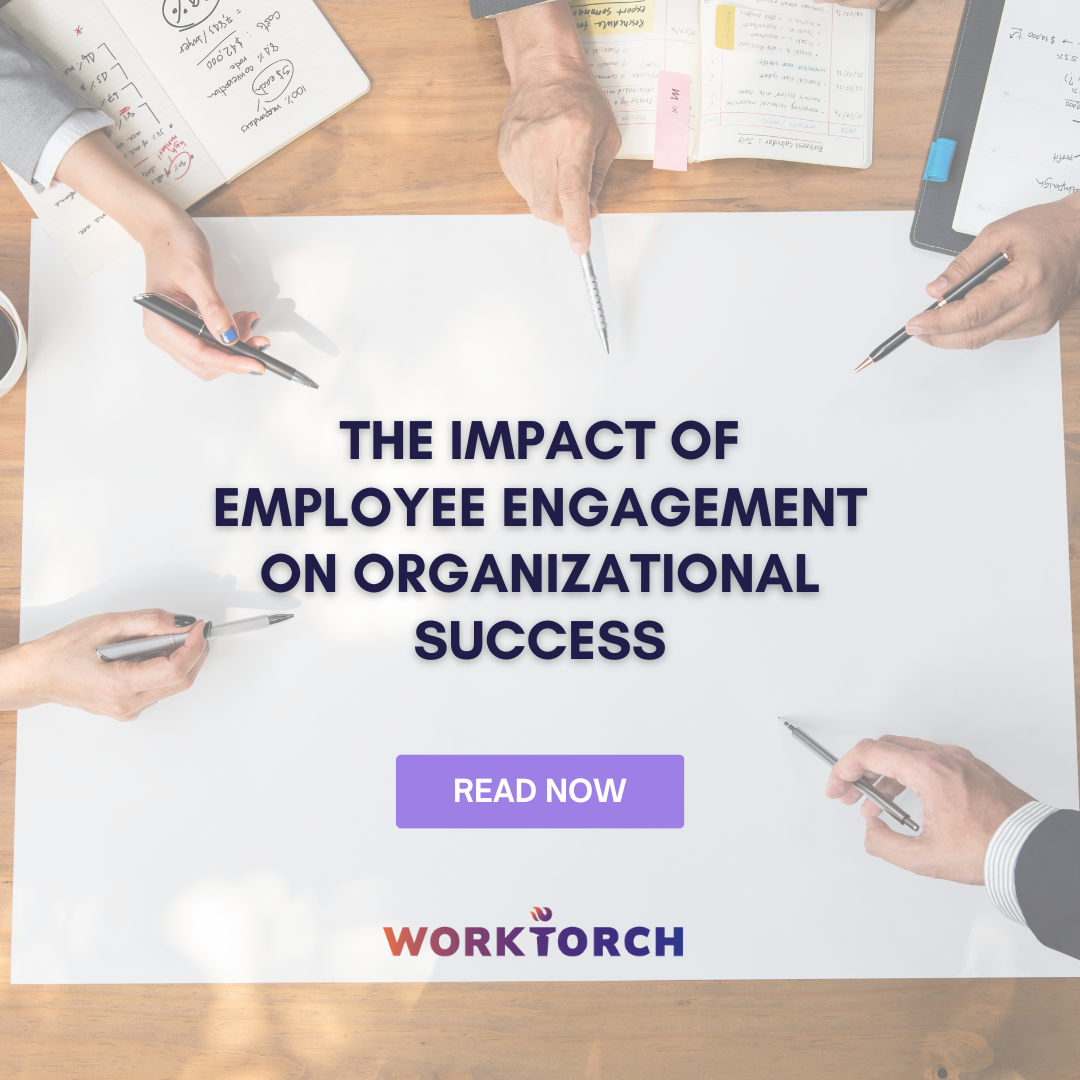Contrary to popular belief, employee engagement is the lifeblood of any organization. Whether or not employees are engaged can directly impact the success and sustainability of your business. Understanding and fostering employee engagement can help you better attract and retain top talent in today’s challenging market. Let’s explore the different ways employee engagement can impact organizational success.
Improved Productivity and Performance:
Engaged employees are more likely to go the extra mile in their roles. When employees feel connected to their work and the overall mission of the organization, they become motivated to excel. Studies consistently show a positive correlation between high levels of employee engagement and increased productivity, leading to improved organizational performance.
Enhanced Employee Retention:
Organizations with high levels of employee engagement often experience lower turnover rates. Engaged employees are more committed to their jobs and are less likely to seek opportunities elsewhere. This not only saves on recruitment and training costs but also fosters a sense of stability within the organization.
Positive Impact on Customer Satisfaction:
Engaged employees have a direct impact on customer satisfaction. When employees are invested in their work and feel valued by their organization, they are more likely to provide excellent customer service. Satisfied and loyal customers contribute significantly to the success and growth of any business.
Innovation and Creativity:
Employee engagement fosters a culture of collaboration and open communication. Engaged employees are more likely to share ideas, contribute to problem-solving, and participate in innovation initiatives. A workforce that feels empowered and encouraged to express their creativity becomes a driving force behind organizational innovation.
Adaptability to Change:
In today’s rapidly evolving business landscape, adaptability is crucial. Engaged employees are more resilient and better equipped to handle change. They are more likely to embrace new challenges, contribute to change initiatives, and help the organization navigate transitions effectively.
Improved Employee Well-being:
Employee engagement is closely linked to overall well-being. Organizations that prioritize employee engagement tend to invest in creating a positive work environment, promoting work-life balance, and offering wellness programs. This, in turn, leads to healthier, happier, and more satisfied employees who are better equipped to contribute to organizational success.
Attracting Top Talent:
A reputation for high employee engagement can make an organization more attractive to top talent. In a competitive job market, potential candidates are likely to be drawn to organizations that prioritize and value their employees. This can give organizations a competitive edge in recruiting the best and brightest.
In conclusion, employee engagement is everything. And it’s not just about putting something nice on a bulletin board or giving employees a bonus once a year. It’s about unlocking the full potential of every individual within the organization. As leaders recognize the significance of employee engagement and make it a strategic priority, they pave the way for sustained success, growth, and a thriving organizational culture.

